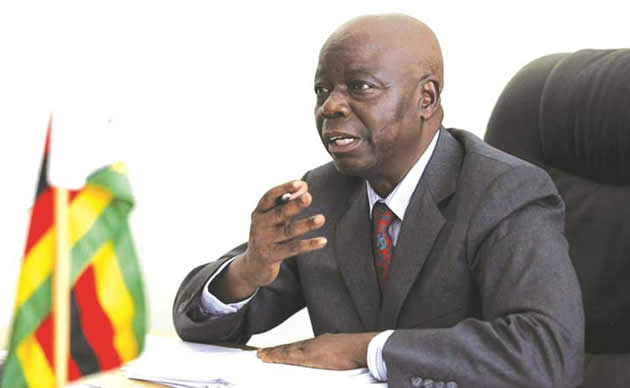Bakeries to drive OK margins

Conrad Mwanawashe Business Reporter
OK Zimbabwe is looking to its new self-managed in-store bakeries to drive up margins in a bid to improve the retailers profit line. The retailer is establishing in-store bakeries, 25 of which will be fully functional by September this year. OK Zimbabwe chief executive Mr Willard Zireva told the annual general meeting yesterday that in-store bakeries are expected to move margins of up to 40 percent compared to 11-12 percent realised from bakery products purchased from external suppliers.
He said the new initiative will drive “good” profit for the company.
“It’s going to be tough but we have to do our best to survive and deliver value for the business,” said Mr Zireva.
The in-store bakeries will cost about $100 000 each depending on the store.
“Some of the stores already have the infrastructure some we bought from previous operator Innscor Africa so the costs vary from store to store,” said Mr Zireva.
The retailer is considering two opportunities for new stores one of which is in Harare.
Mr Zireva said the retailer is pressing ahead with the refurbishment programme of five branches from cash generated by the business.
Two of the stores are done; one was opened two days ago while another one was opened yesterday, according to Mr Zireva.
The company is in talks with its landlord to expand the Houghton Park store while the Mbuya Nehanda store, which is ‘tired’, is also earmarked for refurbishment.
Overheads for the quarter were three percent down on the comparative period last year. Full year to March 2014 overheads were 6.3 percent at 69,4 million from $65,2 million in the previous year.
In the year to March OK Zimbabwe turned in $483,7 million from $479,6 million, a marginal 0,8 percent rise on the 2012 figures.
The number of outlets operated by the group increased to 59 from the 54 operated in 2012. Five new stores were opened while one store was closed in the year to March.
In the annual results statement Mr Zireva said tight liquidity in the economy and lack of capital at most local companies continued to limit manufacturers’ capacity to produce at levels adequate to supply the market.
“As a result most of the products sold in the stores continued to be imported with South Africa being the main source,” said Mr Zireva.










Comments